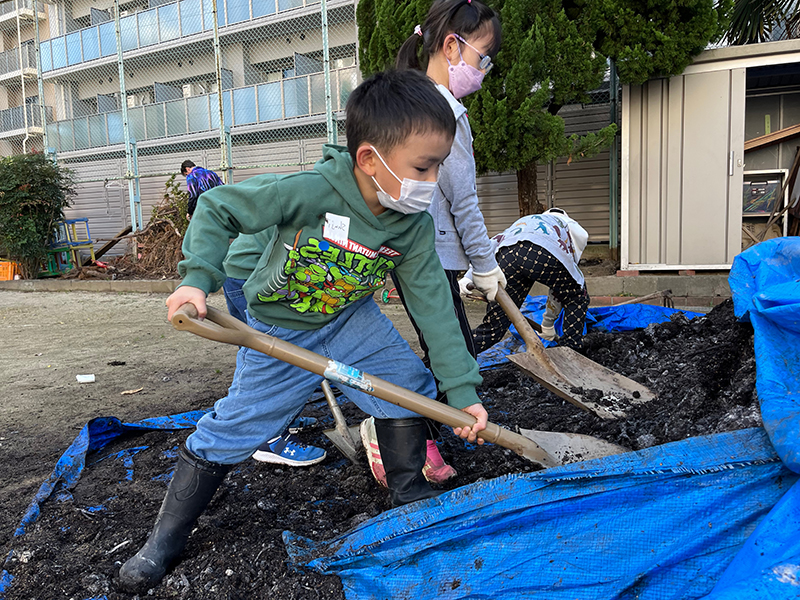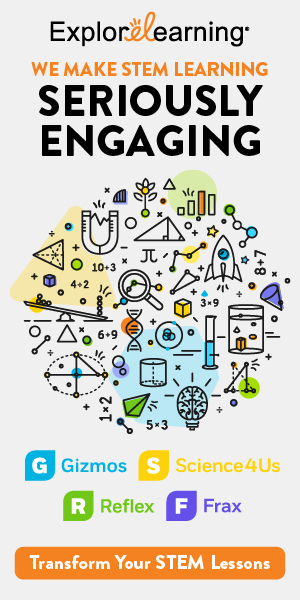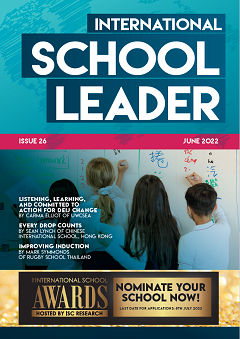By Mark Beales
All schools want students to make a difference.
But making sure that this change is authentic can be tricky. Sometimes one-off projects work well for a while, however there’s no lasting impact. Once the student who had the idea moves on, the impetus can fade, and another scheme comes along that goes in a different direction.
That’s why when we started looking at a whole-school service-learning project, we wanted it to be sustainable. We also wanted, as much as possible, for it to be led by students. And as a school with two campuses that runs three IB programmes, we needed to have something that all parts of the school could be involved with.
At Osaka YMCA International School, we already had teachers with a keen interest in gardening. As their vegetables and fruit started to sprout and grow, so did our ideas for how we could expand this work.
Creating lasting impact
After talking with members of the American Chamber of Commerce in Japan (ACCJ), we realised they also had a strong interest in urban gardening. This idea blossomed into a wider thought – if we can grow things, who in our community is in real need of them?
The answer was the Kansai Food Bank, and from there our project started to ripen and come to life. With a broad idea in place that could be sustainable, and with students interested, the next stage was to get the various stakeholders talking. We held monthly meetings with the ACCJ to arrange an urban gardening event, our Parent Volunteer Group got heavily involved in promoting this, and the food bank also came along to the event to raise awareness about the valuable work it does. All the parts were now in place.

Photo: Osaka YMCA International School canned food collection
The urban garden event saw members of the wider community take part in various hands-on workshops. A grade 7 student presented a video on his home-composting project, students grabbed shovels to move ten tonnes of donated compost to help the vegetable gardens and one of our teachers led a demonstration on building raised planter beds. Our IB Music students also did a mini-concert and raised more than US$300 in donations for the food bank.
Our green-fingered early childhood students continued growing a range of vegetables in specially built raised garden beds. They even met with our grade 12 students to show them how to peel and grow persimmon.
Whole school involvement
We wanted to be sure our project would involve several age groups at various stages of the process. This is linked closely with our school mission (and the IB mission) of ‘empowering students to achieve personal success while compassionately contributing to their local communities’. So, as our younger students were learning about seasonal vegetables and basic gardening techniques, it was now time for our older students to get involved and contact the food bank.
Students were keen to donate vegetables but, after talking to the food bank, realised that canned food would also be useful as its shelf-life was much longer. These talks added a new layer to the project. Rather than ask parents to pay for tickets to school events, we would simply ask them to bring at least one canned food item. As a result, hundreds of tins were collected and then sorted by our IB Diploma students. Their role was to then contact the food bank and work out the logistics behind delivering our donations.
Understanding the wider context
Another benefit of going to the food bank is that it allows our students to understand first-hand why there is a need for such a place in what is often seen as a relatively affluent country. Our 340 students come from 34 countries so do not always have a strong understanding of local Japanese issues. Through this project, we are able to explain the reasons for homelessness and poverty in different countries (which is also part of our MYP’s Individuals and Societies’ curriculum). The project enables us to give a real-world context to this problem and, importantly, look at solutions that students could be directly involved in.
Each of our grades has a service-learning element, so since the initial visit, there have been several other donation drives and gardening campaigns. By doing this, we feel students can engage in a meaningful, impactful and sustainable way to meet some of the UN’s Sustainable Development Goals.
This particular project focuses on SDG 2: Zero Hunger. SDG2 seeks to end poverty by 2030 by ‘promoting sustainable agriculture’ and making sure all people – especially children – have sufficient and nutritious food all year.’
Now that our urban gardening project has taken root, the idea has spread and another local international school is now running a similar scheme, with help from the ACCJ.
Last week I went back to the food bank – with a new group of students – to deliver hundreds of packs of miso soup, a sign that our project is becoming truly sustainable and meaningful.
“Keep an eye on things, but let the students lead.”
Practical tips
- Give students the chance to fail. It can be tempting to micro-manage students, especially when dealing with external groups. Mistakes will inevitably happen, but often that’s when real learning occurs. Keep an eye on things, but let the students lead.
- Think about what the need is. Students have great intentions by wanting to help groups, but it’s important to listen to those groups and understand what kind of help they really need. With the food bank, the vegetables we grew were useful but the canned food donations added an extra layer and were really appreciated.
- Make it sustainable. This project relied on several key students who arranged the logistics, but our CAS Coordinator knew he would need to create opportunities for new students to get on board in future years.
- Be aware of the ‘why’. We felt it was important to help the food bank, but also wanted students to know why we were doing this. Understanding the UN’s SDGs and knowing how this linked to our overall mission was a vital part of this project. It’s not just about knowing what to do, but why you’re doing it that’s important.

Mark is the Principal at Osaka YMCA International School. You can connect with him on LinkedIn.



